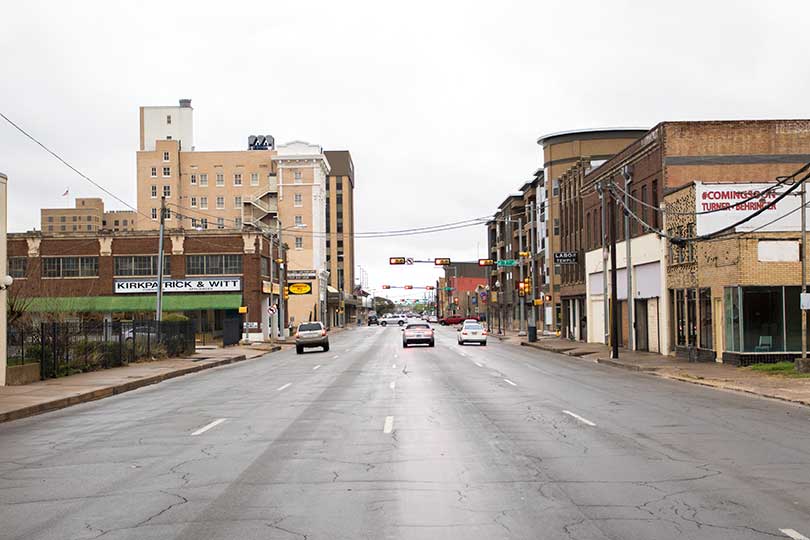By Justin Green
Staff Writer
Lower commodity prices hurt not only the farmer, but the rural towns they call home.
Farmers are “going to be shopping around for the cheapest inputs. They are looking at cutting back on seed placements,” said Dewey Hukill, former Texas Farm Bureau vice president.
This isn’t the first time farmers have faced a situation like this. In the past, some farmers would choose not to plant, which helped the demand for those commodities.
Financing is one of the main issues with farming in low commodity price times. When the farmer’s bottom line is affected, it’s difficult for bankers to stay optimistic about future years.
Hukill’s concerned about new and beginning farmers who have new and large purchases.
“If you have those payments to make, you could be in trouble,” he said.
In the past, farmers overcame the low prices by buying land and expanding their farms. With the expansion of their farms, they were able to grow more and sell more.
One of the beneficial things farmers have now is technology. Farmers who are able to overcome this financial crisis are the farmers who are able to use the new technology.
When the market picks up, it’s not a quick turnaround for the farmers. These cycles “usually take two to three years to turn. After that, it takes farmers several years to turn around after the cycle changes,” Hukill said.
In the end, farmers are going to “hunker down and wait for the turn-around,” Hukill said.
Just as farmers are feeling the pinch of tighter margins and are preparing for worse, cities are bracing as well.
It’s not the first time local economies have faced this struggle.
“The city government gets a percentage of the sales tax generated off their town,” Hukill said.
That money is what keeps city hall functioning. These funds also help maintain the city’s water source, streets and their sewer system. To save money, these rural communities could soon start making cuts.
The only businesses in most of the small rural towns are agriculture-based businesses. Small towns are built around schools and churches. And local economies have been hurting for years.
Something that these communities can do is apply for loans and grants through the U.S. Department of Agriculture Rural Development. The Community Facilities Direct Loan and Grant Program in Texas provides “affordable funding to develop essential community facilities in rural areas,” according to usda.gov.
Through this program, cities are able to buy, build or repair community facilities, pay expenses or purchase equipment for the city to use.
In these rough times, “small towns depend on volunteers. Those volunteers do a lot for their communities,” Hukill said.

